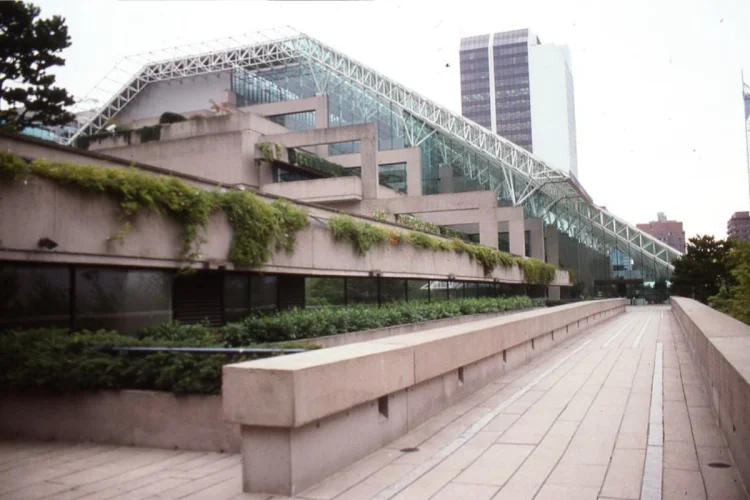How to conduct a substantial issuer bid

A substantial issuer bid (SIB) allows you to distribute excess cash to shareholders by purchasing shares for cancellation beyond the amounts permitted under normal course issuer bids (NCIBs).
SIBs are regulated primarily by Part 2 of National Instrument 62-104 – Take-Over Bids and Issuer Bids (NI 62-104). This contrasts with the NCIBs we discussed in our previous blog series, which are heavily governed by exchanges.
In this blog, we will provide a general outline of the process and considerations for conducting an SIB in Canada.
Initial considerations
As we discussed in our previous blogs, a 2% tax on the net value of share buybacks is expected to take effect January 1, 2024. An SIB is a good method to repurchase and cancel securities before these additional tax considerations are implemented.
At a high level, there are two important preliminary matters for issuers conducting an SIB to determine:
- the consideration or choice of consideration that will be offered to all holders of the applicable securities; and
- whether adequate financing arrangements are available for any cash consideration offered under the SIB.
Commencing an SIB
An SIB begins when your bid is sent to each holder of the class of securities subject to the bid and to each holder of securities that are convertible into the applicable class of securities subject to the bid before the bid expires. You must also prepare and file a Form 62-104F2 Issuer Bid Circular (Form 62-104F2) on the day the bid is sent out or as soon as practicable after the bid is sent.
Form 62-104F2 requires several details of your SIB including:
- the purpose of the bid;
- the securities subject to the bid;
- the period of the bid;
- the consideration to be offered;
- the method and time payment will be made for securities deposited;
- the securityholders’ right to withdraw deposited securities with written notice; and
- how you will handle deposited shares beyond the principal amount of the bid and whether shareholders will be required to or willing to take up additional shares (see below under Taking Up Securities Deposited for further discussion of over-participation in the SIB).
Formal valuations vs liquid markets
Under Multilateral Instrument 61-101 – Protection of Minority Shareholders in Special Transactions (MI 61-101), you may be required to prepare a formal valuation of your business to make an SIB. This requirement can be avoided if:
- a liquid market exists for your securities; and
- it is reasonable to conclude that following the SIB, a market for non-tending securityholders will exist that is not materially less liquid than the market that existed prior to or during the SIB.
If you believe you are eligible to rely on the liquid market exemption, it is generally best practice to obtain a liquidity opinion from a financial advisor.
Additional requirements for exchange-listed issuers
If you are listed on an exchange, you will also need to comply with your exchange’s issuer bid policies. Since SIBs are primarily regulated by provincial securities regulators rather than exchanges, there are generally few additional requirements. Below, we have summarized these additional requirements for issuers listed on the Toronto Stock Exchange (TSX), NEO exchange (NEO) and TSX Venture Exchange (TSXV).
TSX requirements
As a TSX-listed issuer, you will be required to comply with Part K of the TSX Company Manual. A copy of the offering circular and all other material sent to securityholders in connection with the bid must be filed with the TSX concurrently with the send of materials or as soon as possible after sending.
NEO requirements
If you are a NEO issuer you will be required to file:
- a Notice of Formal Issuer Bid (Form 20) within one trading day of announcing the bid;
- a copy of the issuer bid circular as soon as practicable; and
- a Notice of Cancellation of Securities (Form 14(b)) within five days of completing the bid.
TSXV requirements
If you are a listed TSXV issuer, you will not be required to file any additional forms as part of your SIB under policy 5.5. However, you are required to comply with the TSXV’s timely disclosure requirements under Policy 3.3, as an issuer bid is deemed to be material in nature and requires immediate disclosure.
Bid duration
After starting your SIB, you must allow securityholders to deposit their securities under the bid for a period of at least 35 days from the date of the bid specified in Form 62-104F2. You are not able to take up any securities deposited until the minimum 35-day period has elapsed.
Taking up securities deposited
If all the terms of the SIB have been met or waived, you must take up and pay for securities deposited under the bid no later than 10 days after the bid expires. In the event more securities than you are willing to acquire are deposited, you must acquire the securities deposited on a proportionate basis.
Post-expiry news releases
After the bid expires, you must promptly file a new release stating that all terms and conditions of the SIB have been complied with or waived. You must also include:
- the approximate number of securities deposited; and
- the approximate number that will be taken up.
Consider exemptive relief
Before initiating an SIB, consider whether exemptive relief from any of the requirements may be necessary based on the proposed terms of the bid. For example, some bids use an auction tender process, which in some instances requires relief from the prohibition on extending a bid under Section 2.32(4) of NI 62-104.
An auction tender process does not fix a purchase price at the commencement of the bid, but instead sets a price range within which securities may be purchased to a specified maximum. Securityholders tender securities at a price they select within the price range. The issuer determines a single purchase price at the expiry of the bid based on the number of securities and prices at which they were tendered.
In the event that securities have not been purchased to the specified maximum, you may want to extend the time for depositing securities in effort to acquire more. The provisions of Section 2.32(4) of NI 62-104 prohibit extending the bid if all the terms and conditions of the bid have been complied with or waived, unless the issuer first takes up all securities already deposited under the bid. That would require that an issuer take up all of the properly tendered securities before extending the bid. As the purchase price cannot be determined until the bid expires and the issuer desires to extend the bid before determining the purchase price and taking up the deposited securities, relief is necessary.
If you believe the price of your securities does not reflect the value of your business and want to invest in your own securities before new tax on share repurchases come into force, an SIB may be the right choice for you. The lawyers in our Corporate Finance & Securities group can help determine if an SIB is right for your business and answer any questions you may have about share buybacks.
Note: This article is of a general nature only and is not exhaustive of all possible legal rights or remedies. In addition, laws may change over time and should be interpreted only in the context of particular circumstances such that these materials are not intended to be relied upon or taken as legal advice or opinion. Readers should consult a legal professional for specific advice in any particular situation.




